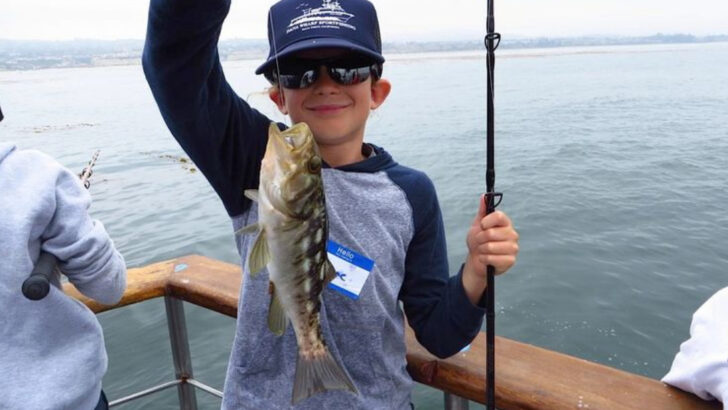The wild doesn’t teach itself.
If you want kids who can hunt, fish, and actually know what they’re doing out there—you’ve got to raise them differently. No screens. No shortcuts. Just dirt, patience, and a whole lot of early mornings.
These skills aren’t inherited. They’re earned. One cast at a time. One missed shot. One quiet lesson whispered at dawn while the forest holds its breath.
It’s not about trophies. It’s about grit. Awareness. Respect for something bigger than themselves.
Ready to raise a kid who doesn’t just survive outdoors—but belongs there? Let’s get to it.
Start Young with Simple Tools
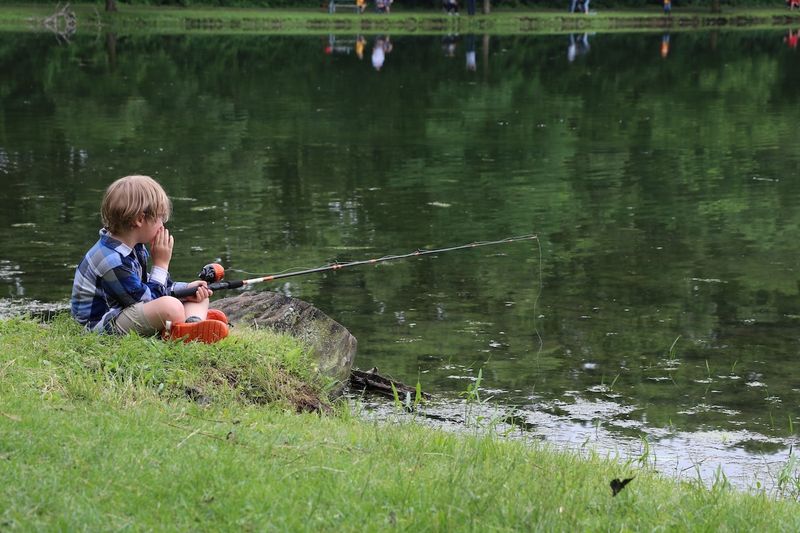
Picture a child, eyes wide with wonder, holding their first fishing rod. Starting young with simple tools like a small fishing rod or a lightweight bow fosters familiarity and confidence. These early experiences lay the groundwork for future skills.
Engaging children at this tender age encourages curiosity and excitement. Parents can guide them gently, ensuring the tools are safe and manageable.
This initial introduction to the world of hunting and fishing is crucial for building a lifelong passion. Kids learn through play, and these tools make learning fun and accessible.
Introduce Basic Survival Skills
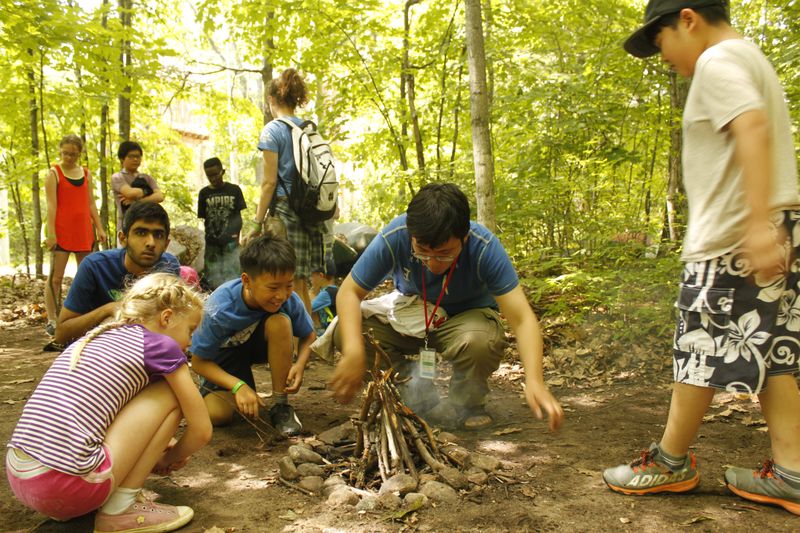
Survival skills are the cornerstone of hunting and fishing. Teach your kids how to read a compass, start a fire, or identify edible plants. These skills enhance their confidence and self-reliance outdoors.
Imagine children gathered around a campfire, eyes glinting with the thrill of discovery as they learn to kindle flames. These lessons extend beyond hunting, instilling a respect for nature.
Equipping them with these skills ensures they can handle unexpected situations. Children become more adaptable, and their outdoor experiences are enriched, leading to more successful hunting and fishing adventures.
Plan Family Camping Trips
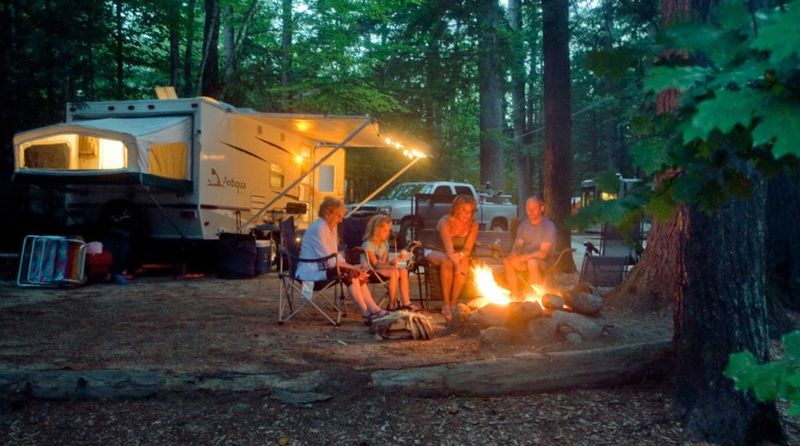
Family camping trips are an ideal way to immerse kids in the hunting and fishing lifestyle. Imagine waking up to the sound of birds, the aroma of breakfast cooking over a campfire. These trips are more than vacations; they are practical lessons in outdoor living.
Children learn to set up tents, cook outdoors, and understand wildlife patterns. Sharing these experiences as a family strengthens bonds and creates lasting memories.
Camping provides a hands-on approach to learning. Kids absorb skills naturally, and the shared adventures foster a deep appreciation for the outdoors.
Encourage Participation in Junior Programs
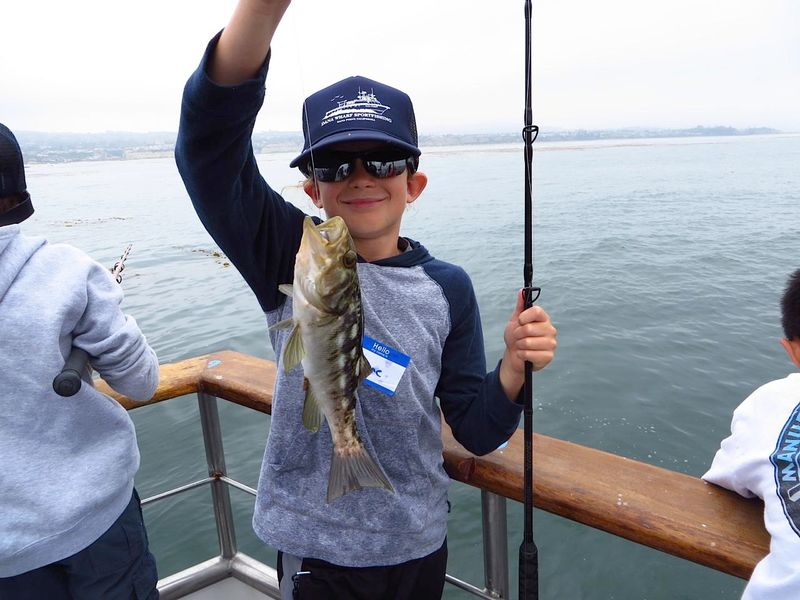
Junior hunting and fishing programs are excellent for skill development. They provide structured learning environments with experienced instructors.
Children thrive in these programs, surrounded by peers who share their interests. Imagine them eagerly competing in a friendly fishing tournament or learning the ethics of hunting.
These programs offer children a sense of community and achievement. They learn respect for rules and develop teamwork skills. Participating in junior programs lays the foundation for responsible and informed future hunters and anglers.
Teach Respect for Wildlife and Nature
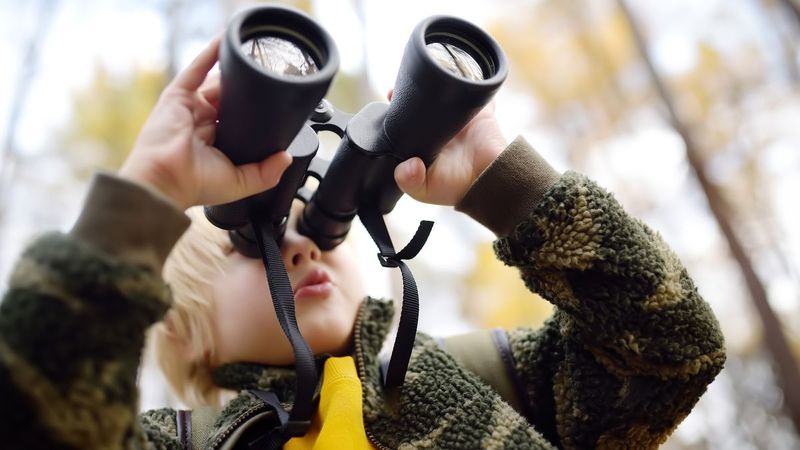
Respect for nature is as important as the ability to hunt or fish. Teach children to observe wildlife with awe and understanding. Encourage them to keep a nature journal, noting their observations and reflections.
Imagine a child, binoculars in hand, spotting a deer and quietly recording the moment. Such practices foster a deep connection with the natural world.
This respect helps in cultivating ethical hunters and anglers. Acknowledging the role of wildlife in the ecosystem enhances their responsibility and empathy towards all living beings.
Learn Together from Books and Videos
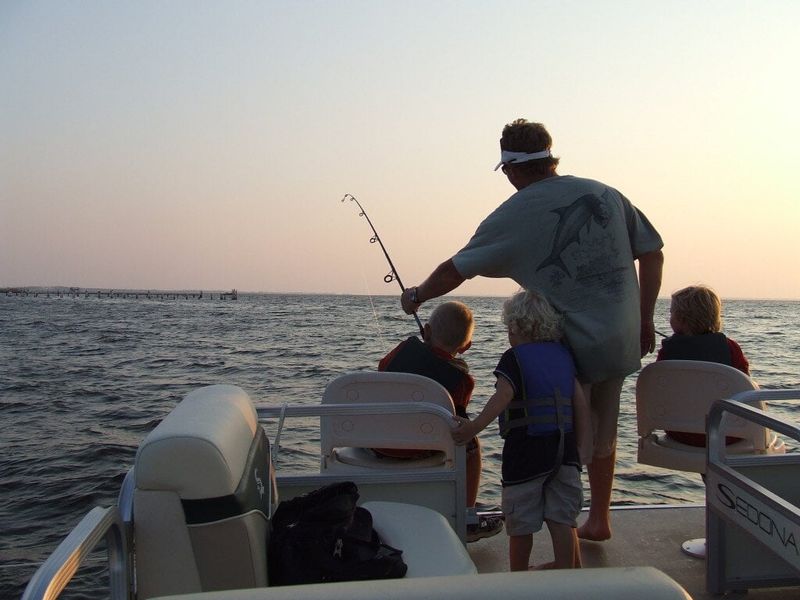
Learning doesn’t always take place outdoors. Books and videos on hunting and fishing provide valuable insights and techniques.
Picture a cozy evening at home, parent and child poring over a book about fish species or watching a documentary on hunting tactics. These resources offer knowledge from experts that complements hands-on experience.
They stimulate discussions and spark curiosity. This shared learning journey strengthens family ties and keeps children informed about best practices and safety in hunting and fishing.
Celebrate Small Achievements
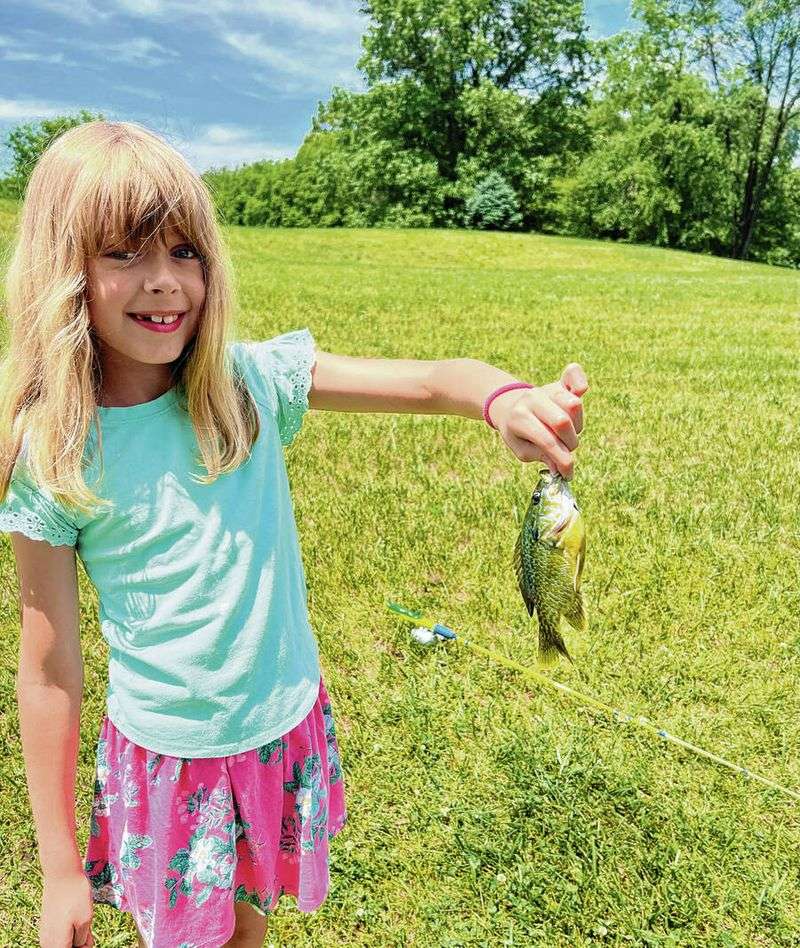
Every catch, every discovery is a milestone. Celebrate these small achievements to encourage continuous learning. Picture a child’s face lighting up as they hold their first fish.
These moments build confidence and enthusiasm. Parents should acknowledge these milestones to reinforce positive behavior and dedication.
Such celebrations make the learning process joyful, fostering a sense of accomplishment. The encouragement helps cultivate a lifelong passion for hunting and fishing.

